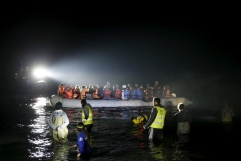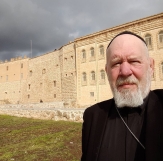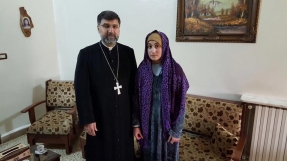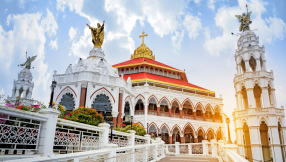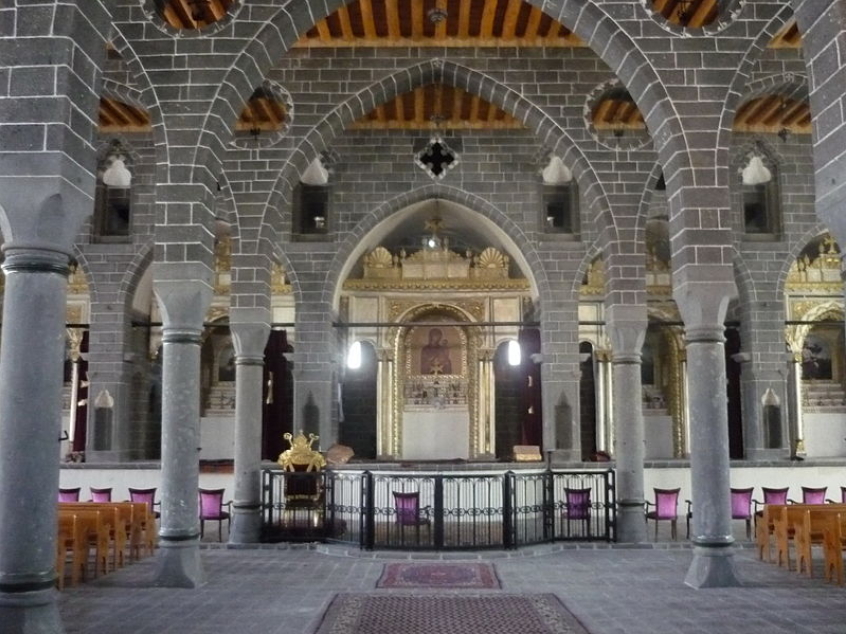
Some of the most important Armenian and other churches in the Middle East have been appropriated by the government of Turkey, according to reports emerging from the region.
The churches include the Surp Giragos Armenian Apostolic and the Armenian Catholic churches in the Sur district of Diyarbakir.
According to the Turkish-Armenian newspaper Agos, the government decided to take over 6,300 plots of land in total.
The paper reported that the Surp Sarkis Chaldean Church, the Virgin Mary Ancient Assyrian Church and the city's Protestant church were among the buildings taken over.
Even buildings owned by the local government were taken, according to Nevin Soylukaya, the local heritage director. Local officials are planning legal action to get their buildings back.
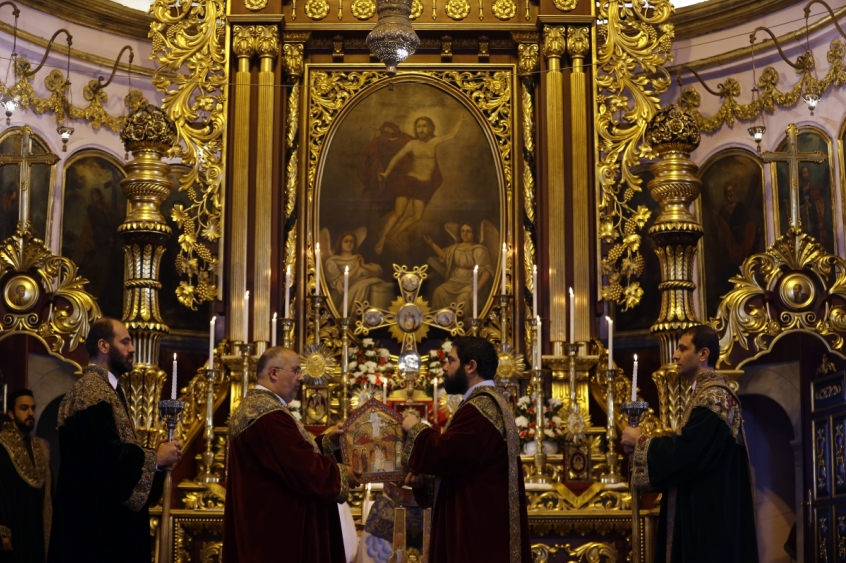
Diyarbakir, also known as Amid, is on the west bank of the Tigris and is one of the oldest continually inhabited cities in the world, according to the Facebook page of two of the churches, where members are discussing how to respond to what they refer to as the "nationalisation" of the buildings. The Armenian Catholic Church of Diyarbakir is understood to have been badly damaged recently during clashes between Turkish armed forces and Kurdish militants.

The most important mosque in Sur, originally a church that was converted in the 16th century, has also been burned down.
The Armenian National Committee of America called for President Obama to act.
The US Embassy in Ankara and consulates in Adana and Istanbul are understood to be tracking the recent cabinet decree and haveraised the issue with both the central government and local authorities.
The Turkish government has informed US officials that the decree is "a bureaucratic measure" to facilitate the restoration of structures damaged during fighting in recent months.
Aram Hamparian of the Armenian National Committee said: "We welcome this initial US engagement with the Turkish government regarding the confiscation of Surp Giragos and encourage a strong, public American response to this most recent Turkish attack on religious freedom. In light of Turkey's brutal record of destroying and desecrating Armenian religious and cultural heritage, it is clear that this latest action represents a renewed attack by Erdogan on Christian communities, a continuation of Ankara's efforts to erase the ancient Christian legacy within its present-day borders, and, ultimately – more than a century after 1915 – a further consolidation by Turkey of the fruits of the Armenian Genocide."











